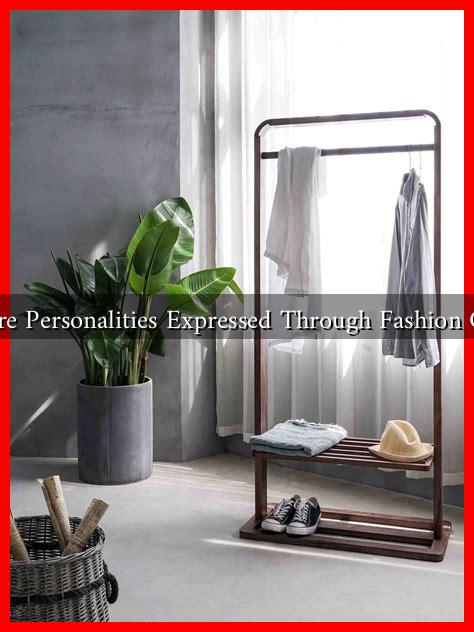-
Table of Contents
How Are Personalities Expressed Through Fashion Choices
Fashion is more than just clothing; it is a powerful form of self-expression that reflects individual personalities, cultural backgrounds, and social identities. The choices we make in our attire can convey a multitude of messages about who we are, how we feel, and how we wish to be perceived by others. This article explores the intricate relationship between personality and fashion, examining how our clothing choices serve as a canvas for our identities.
The Psychology of Fashion Choices
Fashion psychology is a burgeoning field that studies how clothing affects our thoughts, feelings, and behaviors. According to a study published in the journal *Psychology of Popular Media Culture*, clothing can significantly influence our self-perception and the way we interact with others. Here are some key insights:
- First Impressions: Research indicates that people form judgments about others within seconds of meeting them, often based on their clothing. A well-dressed individual may be perceived as more competent and trustworthy.
- Emotional Expression: Clothing can serve as a mood enhancer. For instance, wearing bright colors can elevate one’s mood, while darker shades may evoke feelings of sadness or introspection.
- Social Identity: Fashion choices can signal group membership, such as belonging to a particular subculture or social class. For example, punk fashion often includes leather jackets and combat boots, symbolizing rebellion and nonconformity.
Fashion as a Reflection of Personality Traits
Different personality traits can manifest in distinct fashion choices. The Myers-Briggs Type Indicator (MBTI) is a popular tool that categorizes personalities into 16 types, each with unique characteristics that can influence style preferences. Here’s how some personality types might express themselves through fashion:
- Extraverts: Often drawn to bold colors and statement pieces, extraverts may favor trendy outfits that attract attention and spark conversation.
- Introverts: Typically preferring comfort and subtlety, introverts might opt for minimalist styles, neutral colors, and classic cuts that allow them to blend in.
- Thinkers: Those who prioritize logic over emotion may choose functional and practical clothing, often favoring brands that emphasize quality and durability.
- Feelers: Individuals who are more in tune with their emotions may express themselves through artistic and eclectic fashion choices, often incorporating unique accessories or vintage items.
Case Studies: Fashion Icons and Their Personalities
Fashion icons often embody the intersection of personality and style, influencing trends while expressing their unique identities. Consider the following examples:
- Lady Gaga: Known for her avant-garde fashion choices, Gaga’s outfits often reflect her bold personality and commitment to self-expression. Her iconic meat dress at the 2010 MTV Video Music Awards was a statement on individuality and the treatment of women in society.
- Steve Jobs: The co-founder of Apple was known for his signature black turtleneck and jeans. This minimalist style reflected his personality—focused, innovative, and unpretentious.
- Rihanna: As a global fashion icon, Rihanna’s style is a blend of high fashion and streetwear, showcasing her confident and daring personality. Her ability to switch between styles demonstrates her versatility and creativity.
The Impact of Social Media on Fashion Choices
In the digital age, social media platforms like Instagram and TikTok have revolutionized how individuals express their fashion choices. Influencers and celebrities often set trends, encouraging followers to adopt similar styles. A survey by *Statista* found that 54% of respondents aged 18-29 reported that social media influences their fashion choices. This phenomenon has led to:
- Increased Diversity: Social media has democratized fashion, allowing diverse voices and styles to gain visibility.
- Fast Fashion Trends: The rapid pace of social media can lead to quick shifts in trends, prompting consumers to frequently update their wardrobes.
- Personal Branding: Many individuals curate their online presence through fashion, using clothing to build a personal brand that reflects their values and interests.
Conclusion
Fashion is a dynamic form of self-expression that intricately weaves together personality, culture, and social identity. Our clothing choices not only reflect who we are but also influence how we perceive ourselves and how others perceive us. As we navigate the complexities of personal style, it is essential to recognize the power of fashion as a tool for self-expression and connection. Whether through bold statements or minimalist designs, our fashion choices tell a story—one that is uniquely ours.
For further reading on the psychology of fashion, you can explore resources from the *Fashion Institute of Technology* [here](https://www.fitnyc.edu/). Understanding the relationship between personality and fashion can empower individuals to embrace their unique styles and express their identities confidently.


